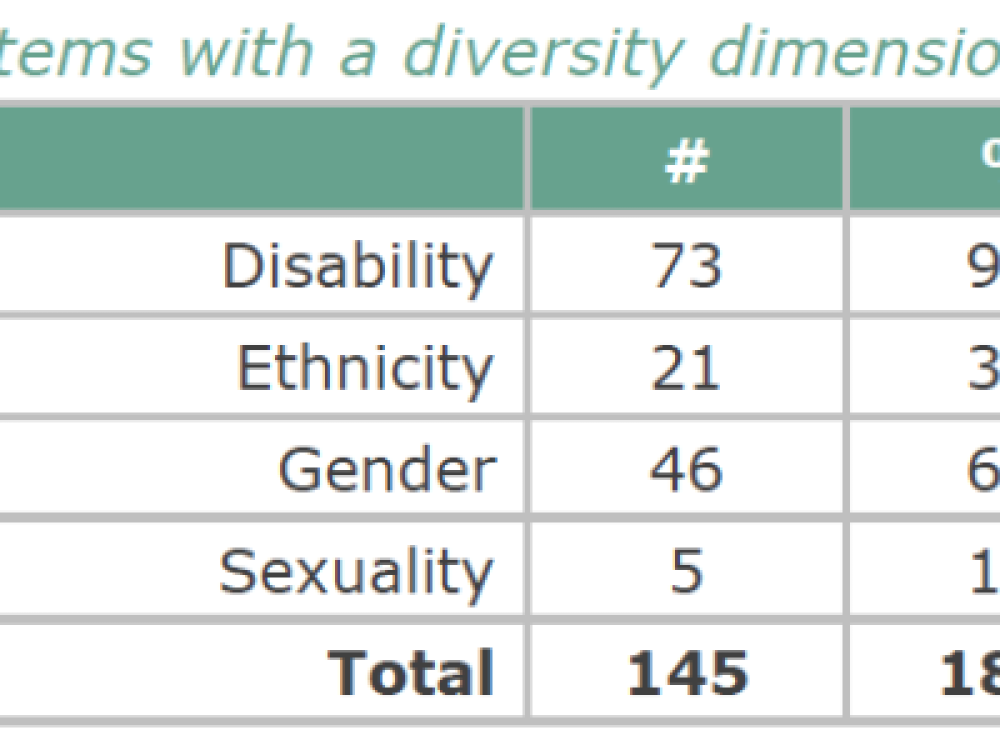The upheaval caused by the COVID-19 pandemic has, of course, had enormous impact on news cycles. Coverage of current events are largely dominated by the struggle against the virus, while ‘lighter’ sections of the news, such as culture and sport, labour under the sweeping changes brought about in the last few months. The pandemic has become a ‘vortextual’ event. Vortextuality is a term coined by media academic, Gary Whannel, who used it to describe how certain events came to dominate the news cycle to the extent that “it is difficult for columnists and commentators to discuss anything else, even if they have no abiding interest.”
Ironically,
Whannel primarily used the term with reference to international sporting events
(such as the FIFA World Cup and the Olympics), but it is now sports coverage – traditionally
regarded as ‘the toy box’ of media organisations – that now must now
accommodate the vortextual impact of the pandemic. With most sporting events
cancelled or postponed, sports media is implicitly dominated by COVID-19, even
if the virus goes unmentioned in the particular broadcast or article. Indeed,
sports coverage in the wake of the pandemic could largely be divided into two
categories: that which directly addresses the virus (through discussions on how
particular organisations will cope with its challenges, financially and
organisationally) and that which pointedly avoids addressing it, namely:
nostalgia.
Comparing the recent schedules of RTE Radio 1’s Sunday Sport programme, for instance, demonstrates a significant rise in retrospective pieces over the past few weeks. In early March, prior to lockdown measures being implemented in Ireland and much of the developed world, the programme was twice as long and had a strong focus on coverage of live events. In the months since, its newly reduced 2 hour timeslot relies on numerous items looking back on sporting history. This focus on nostalgia (and it should be noted that RTE are far from alone in this, Eir Sport have taken to re-airing classic matches to fill their schedule) could be deemed disappointing, when considering that being freed from the obligation to strictly follow the calendar of live sport could potentially allow sports media bodies to devote more time to minority sports and unglamorous but important issues. However, focusing on nostalgia need not necessarily be a wholly indulgent or uncritical exercise.
As Connell Vaughan recently pointed out, it is possible to present the past in such a way that “allows for nostalgic archaeology to approach collective and critical engagement. If we watch the voluminous archives of recorded sport in a critical way the experience can be potentially rewarding.” Given that significant developments in modern politics and society – both nationally and internationally – have been shaped by populist-trumped rose-tinted views of the past, regular critical examinations of sporting memories could potentially be a significant exercise. They present the opportunity not merely to retreat from a harsh present into a glorious past, but to drag the past into the light of the present; to highlight neglected narratives and evaluate the veracity of the subjective discourses that often calcify around the objective foundation of a historical sporting result.
The
42.ie’s new ‘Really Into Years’ podcast is an example of this. In the first
episode, the hosts drolly note that nostalgia is more important to sport than
ever during the pandemic, but the content of the episode (and subsequent ones)
does not centre on rose-tinted reveries of supposed glory years, but on astute
criticism of Celtic Tiger hubris and the mismanagement of various sporting
organisations. Whether this will prove to be one of many sports media outlets
taking a critical approach to nostalgia or a mere outlier remains to be seen,
but it behoves media scholars to keep a keen eye on pandemic sports coverage to
assess what opportunities are being taken and missed out on during these unprecedented
circumstances.




